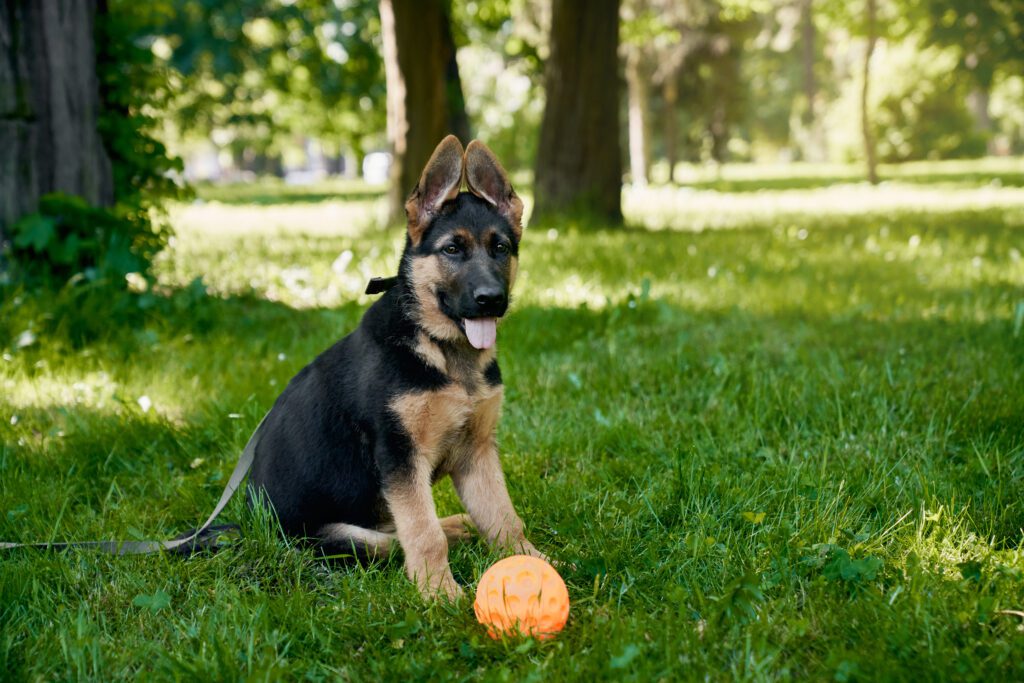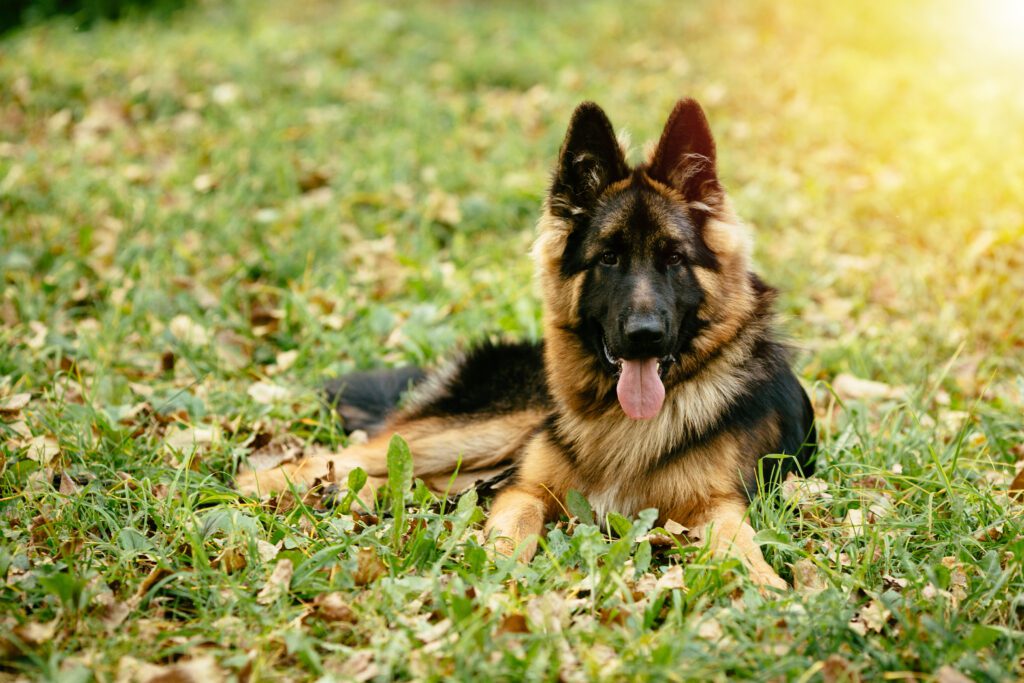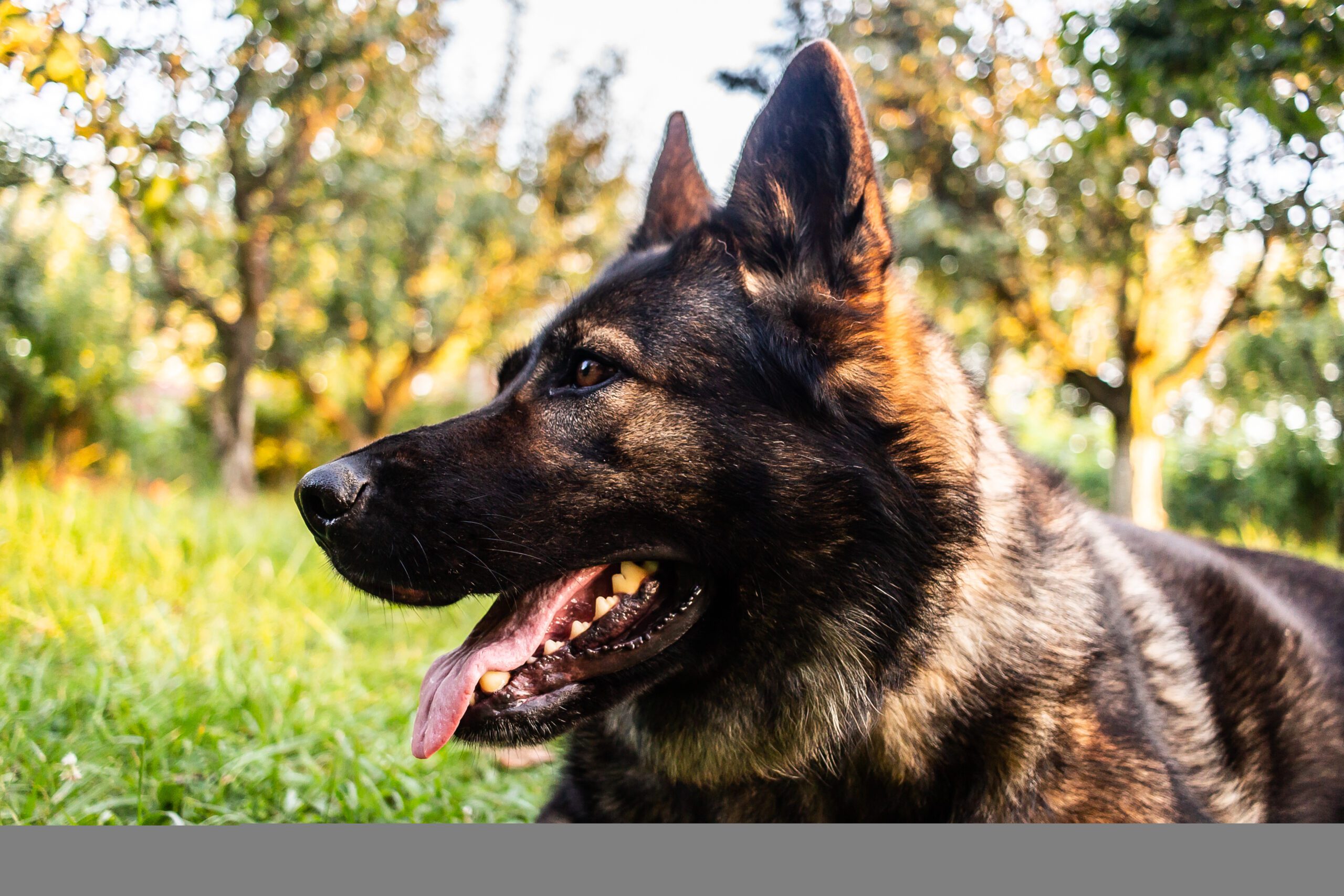Introduction: Why a Proper Diet Matters for German Shepherd Puppies
Feeding your German Shepherd puppy isn’t just about filling their bowl—it’s about giving them the right start in life. These pups are full of energy, highly intelligent, and grow fast, so what you feed them now directly impacts how strong, healthy, and happy they’ll be as adults.
During their first year, German Shepherd puppies go through major growth spurts. Their bodies need carefully balanced nutrition to develop strong bones, muscles, and joints. The right food can help prevent problems like hip dysplasia, obesity, and digestive issues later on. A well-structured feeding chart can guide you through portion sizes, feeding times, and choosing the best food for your pup’s age and weight.
In this guide, you’ll find a complete German Shepherd puppy Food chart, helpful tips on portion control, vet-recommended food brands, and advice for keeping your pup’s diet balanced. Whether this is your first puppy or you’re adding another Shepherd to the family, this article will help you feed them confidently.

Understanding Your German Shepherd Puppy’s Nutritional Needs
German Shepherd puppies need more nutrients than smaller breeds because they grow quickly and have larger, stronger frames. As large-breed puppies, they require a careful balance of calories, protein, and minerals to grow steadily without overloading their developing joints.
Protein Needs
Protein is essential for building muscles, repairing tissue, and supporting the immune system. Look for puppy foods that contain 22–28% high-quality animal protein—like chicken, beef, lamb, or fish. Always check that the first ingredient listed is real meat, not by-products or fillers.
Fats and Carbs
Healthy fats give your puppy energy and support brain and coat development. Aim for around 8–12% fat in their food, ideally from sources like fish oil or flaxseed. Carbohydrates should come from whole grains (brown rice, oats) or vegetables (sweet potatoes, peas), not from corn or soy.
Vitamins and Minerals
Your puppy’s bones need the right calcium-to-phosphorus ratio (1.2:1 is ideal). Too much calcium can harm their joints, so avoid supplements unless your vet recommends them. Vitamins like A, D, E, and the B-complex are also important for healthy skin, eyes, and metabolism.
Why Puppy Feeding Differs from Adult Feeding
Feeding a German Shepherd puppy isn’t the same as feeding an adult dog. Puppies grow rapidly, especially in their first six months, and need small, frequent meals packed with energy and nutrients. Their digestion is still developing, so they can’t handle large meals or heavy food.
Overfeeding may cause your puppy to gain weight too quickly, which can lead to joint and bone problems. Since German Shepherds are already prone to hip and elbow dysplasia, portion control is essential.
Puppies also burn calories faster than adult dogs. They need high-quality, calorie-dense food—not just more food. Think of it like feeding a young athlete: they need steady, balanced fuel, not empty calories. Feeding them right from the start sets the stage for a healthy adult life.
German Shepherd Puppy Feeding Chart by Age
| Puppy Age | Meals per Day | Portion Size (per meal) | Type of Food |
|---|---|---|---|
| 6 Weeks | 4 | ¼–½ cup | Softened puppy kibble |
| 8 Weeks | 4 | ½ cup | Puppy dry or wet food |
| 3 Months | 3 | ¾–1 cup | High-protein puppy food |
| 6 Months | 3 | 1–1.5 cups | Balanced large-breed formula |
| 9 Months | 2 | 1.5–2 cups | Transition to adult-like food |
| 12 Months | 2 | 2–2.5 cups | Begin adult food transition |

Feeding by Stage
6 Weeks: Start with softened kibble or puppy mush. Feed four small meals daily.
8 Weeks: Fully weaned; feed solid puppy food four times daily.
3 Months: Stronger teeth; feed three meals daily with a bit more food.
6 Months: High energy; stick to three meals daily with portion control.
1 Year: Transition slowly to adult food over 7–10 days.
Types of Food
Dry Kibble: Convenient, helps clean teeth, and usually well-balanced.
Wet Food: Tasty and hydrating but more expensive and less tooth-friendly.
Raw Diet (BARF): Natural but risky without vet guidance due to bacteria and nutrient imbalances.
Homemade Food: Great if balanced properly—consult your vet or a pet nutritionist.
Recommended Food Brands
- Royal Canin German Shepherd Puppy – Tailored for this breed, promotes digestion and growth.
- Hill’s Science Diet Large Breed Puppy – High-quality protein and DHA for brain development.
- Blue Buffalo Large Breed Puppy – Real meat, vitamins, and minerals for bones and joints.
- Purina Pro Plan Large Breed Puppy – Balanced nutrients and probiotics for digestion.
- Orijen Puppy Large – Grain-free, packed with animal protein.
Always choose large-breed puppy formulas—they’re made to support steady, controlled growth.
Feeding Schedule
| Puppy Age | Meals per Day | Suggested Times |
|---|---|---|
| 6–8 Weeks | 4 | 7 AM, 11 AM, 3 PM, 7 PM |
| 3–6 Months | 3 | 7 AM, 1 PM, 6 PM |
| 6–12 Months | 2–3 | 8 AM, 6 PM |
Feed at the same times each day to create a routine. Avoid feeding before or after playtime to prevent bloat.
Portion Sizes
| Age | Weight | Daily Food Amount |
|---|---|---|
| 6–8 Weeks | 10–15 lbs | 1–1.5 cups |
| 3 Months | 20–30 lbs | 2–3 cups |
| 6 Months | 40–50 lbs | 3–4 cups |
| 9–12 Months | 60–70 lbs | 4–5 cups |
Adjust portions based on your puppy’s activity level and body condition. You should feel their ribs but not see them.

Common Feeding Mistakes
- Overfeeding: Leads to obesity and joint problems.
- Feeding Human Food: Many foods are toxic to dogs.
- Irregular Meal Times: Disrupts digestion and energy.
- No Water Access: Can cause dehydration.
- Too Many Food Changes: Upsets digestion.
- Skipping Vet Visits: Misses important growth checks.
Supplements
Some puppies benefit from supplements like glucosamine, probiotics, or omega-3s—but only under vet guidance. Avoid over-supplementing, especially with calcium.
Water Needs
Puppies should drink about ½ to 1 ounce of water per pound of body weight daily. Keep fresh water available, and wash the bowl daily. Add a splash of low-sodium broth if your puppy isn’t drinking enough.
Homemade Meal Idea
Chicken & Rice Puppy Meal
- 2 cups cooked, shredded chicken
- 1 cup brown rice
- ½ cup peas and carrots
- 1 tbsp olive oil
- 1 tsp flaxseed
Mix and serve at room temperature. Feed about 1 cup per 15 lbs of body weight per day (split into several meals).
Avoid salt, garlic, or spices. Add calcium (like crushed eggshell powder) if your vet recommends it.
Conclusion
Feeding your German Shepherd puppy right is one of the best investments you can make in their future. The right nutrition builds strong bones, supports growth, and prevents health issues down the road. Stick to a consistent feeding routine, use high-quality food, and monitor your pup’s growth closely.
The effort you put into their diet now will reward you with a healthy, loyal, and energetic companion for years to come.
FAQs
1. How many times a day should I feed my German Shepherd puppy?
Four times daily until 3 months, three times until 6 months, then twice a day after 12 months.
2. Dry or wet food—what’s better?
Both have pros and cons. Mixing them often works best.
3. Can I give my puppy human food?
Only certain foods like cooked chicken or carrots—and only in moderation.
4. When should I switch to adult food?
Around 12 months, transitioning slowly over a week.
5. How do I know if their food isn’t right?
Watch for signs like itching, loose stool, or lack of appetite—then consult your vet.
Also read related article on why dogs run away.
